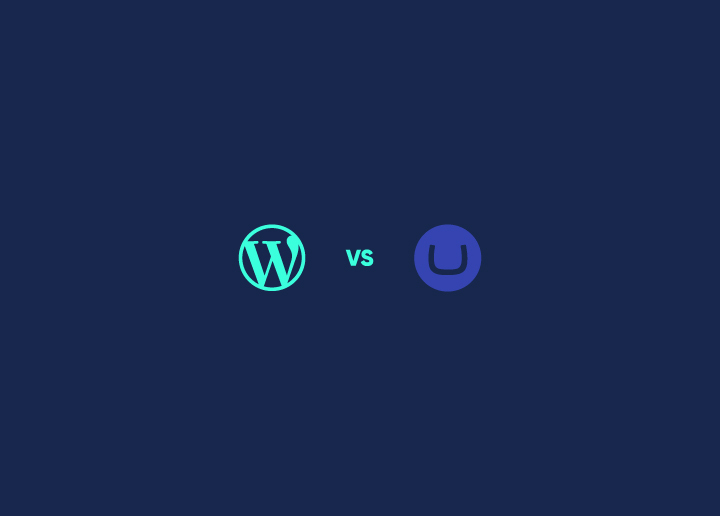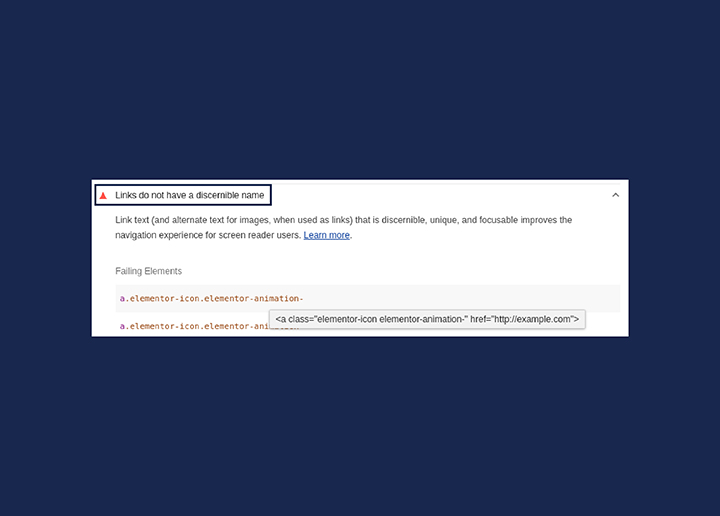We know you’ve had great hopes for 2020. It’s a nice, even number, kicking off a brand new decade. And a lot can happen in a year… So, imagine what a decade can bring. No matter your industry, one thing remains (increasingly) important – your SEO game.
The cool thing about SEO is that it’s not a one-hit-wonder. There are many ways to slay the beast that is Google, making it super exciting. Of course, this is what scares people off, too; SEO tricks seem impossible to learn. But, here’s the truth: SEO is something you can learn and we’re all about SEO for growth. Here it goes.
#1 Take Your Keywords Seriously
Keywords are important. They’re the words or phrases people usually type into Google when desiring more information about your topic.
Blogs
So, if your industry is yoga and you want to add an article to your blog about yoga mats, what’s an important keyword to include that will make your article bing on Google? Is it, “yoga mats,” “best yoga mats,” or, “yoga mats for comfort?”
There are plenty of keyword tools out there that have already done the research for you. Simply type in your intended keyword (i.e., yoga mats) and see how well it ranks. If it doesn’t rank well, the keyword tool will tell you which word is more appropriate.
Websites
Now, let’s talk about your company website as a whole. If you’re in the business of making organic loose leaf peppermint tea, then you don’t want to assign the same primary keyword to multiple pages on your company site.
Your primary keyword is the highest-ranked keyword for your topic. You’ll also want to compile a list of secondary keywords, or keywords that aren’t as highly ranked, but still typed in by online users.
Assigning your primary keyword to multiple pages can lead to keyword cannibalization. If Google suspects you’re trying too hard to stuff keywords throughout your blogs and web pages, they’re going to sanction you, rather than elevate you to the top of their search results.
When faced with which page to choose for your primary keyword, we definitely recommend you place it on your title page, as close to the title as possible. And, before you even get to the web design for your title page, think about how you can incorporate the primary keyword into your URL, too.
#2 Beef Up Your Content
When customers visit a company website, they love to see a robust blog. This indicates that the company owners know their industry well. If you’re a garden, based out of San Antonio, then you’ll be expected to have expert-level knowledge on, say, herbs and shrubbery.
But, your blog doesn’t have to be quite so pigeon-holed. Where else does your knowledge base extend? Related topics may include organic foods, essential oils, holistic practices, and more. See where we’re going? You can (and should) create a robust blog, no matter your industry.
So, what are some of the best practices for running your own blog? First, select 1,000-2,000 word articles in lieu of short, 500 worders. Five hundred word articles won’t hurt you (the way keyword cannibalization does). They just won’t serve you as well as in-depth content.
Some folks are major proponents of long-form content. That’s because they know Google’s ears perk up when it sees someone’s (potentially) put a lot of research into a topic and is looking to share valuable, meaningful advice (not just regurgitate a top 10 list of something).
You’ll also want to publish regularly. If you aim for one beefy blog post per week (with the appropriate keywords to back it up), then you’re looking at a nice, steady stream of content writing that Google will hopefully smile upon.
#3 Be Smart About Links
In 2020, be smart about your links. Include links on every page of your website. Link back to other pertinent pages as you describe your products or services (and feel free to link to your blog posts, too).
As with keywords, you’ll also want to be smart about the volume of your links. Don’t stuff too many in there, either. For blog posts, a good rule of thumb is that, for every 1,000 words, you include two internal links and two external links to high-authority websites (that aren’t your competition).
#4 Focus on Local SEO
For many, when we think SEO, we think of Google’s global prowess. That’s normal. But, don’t neglect your local SEO practices, either. In fact, jot it down as one of your 2020 goals. There’s a simple starting point for this.
Lookup Google My Business. It’s a free tool that allows you to add important details about your brick and mortar shop. You can include your address, hours, and Google Reviews. If someone’s trying to find your business and doesn’t see that little Google My Business box, they might move on to the next shop that does have this information within easy reach.
$5 Plunge Into the Social Media Waters
When we speak of 2020 goals, you need to put social media in your top three. We’re not sure about your opinion on the matter, but here’s the fact of the matter: social media profiles matter. And they impact your SEO. Did you know social media profiles rank in search engines?
So, while your company site is the mecca, your Instagram, Facebook, and Twitter profiles are the golden jewels. Think about it this way. If blogging seems like a bit of a task, what’s more fun? Crafting gorgeous posts for Instagram that will lure people to your profile and, thus, your website.
There are countless reasons why social media is important nowadays. We all live by the scroll of the Facebook news feed and the right profile page can entice people to your website (and your shopping cart). In fact, if some of your millennial leads don’t see an Instagram account for your business, they may pass you by.
SEO Tricks for 2020
We didn’t want to inundate you with a laundry list of SEO to-dos. But, if you can be super-mindful about these five SEO tricks, then we see a bright future you as we kickstart a new decade.
Here at Seahawk, we can do all the heavy lifting for you. Together, we can implement an SEO plan that will help you fly straight to the top of Google.
In the midst of our work, we’ll also send you transparent reports, so you’ll know exactly where your brand stands as we beef up your SEO game.
As for those long blog posts? We’ll be your scribes, too. Our content team will hand write custom posts that not only get picked up by Google but also resonate with your audience, too.
What do you say? Want to make 2020 your SEO year of success? Then drop us a line today and we’ll sail to the top together.


















